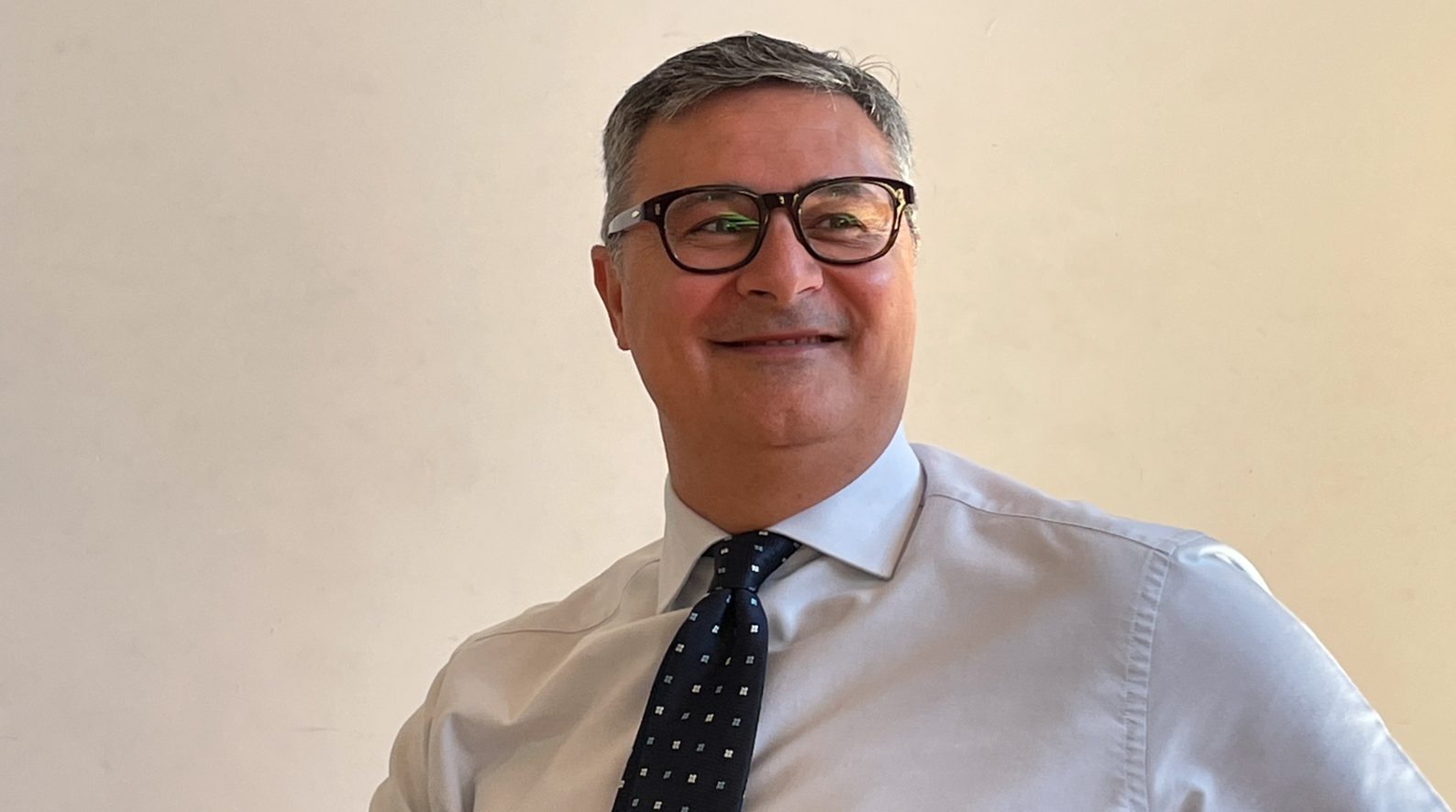Vincenzo Falabella: "Disability reform won't happen without a transformation of the Third Sector."

Everything must change so that nothing can change: if we don't want this to happen, how should the Third Sector change with the disability reform? What is its role—in its many forms of associations, family associations, foundations, cooperatives, and management bodies—in the transformation envisioned by the disability reform and Legislative Decree 62/2024? What contribution can it make?
The multi-voiced narrative continues, highlighting the expectations, hopes, and challenges of the disability reform. In conversation with Vincenzo Falabella , national president of FISH, the federation—one of the most representative organizations for people with disabilities and their families—changed its name a few months ago, to mark the shift in direction resulting from the UN Convention and, therefore, the reform. It is no longer the historic Italian Federation for the Overcoming of Handicaps, but now the Italian Federation for the Rights of People with Disabilities and their Families.
What is the primary role you see for the Third Sector in this time of change?
The third sector, which includes associations of people with disabilities and families, plays a central role in implementing the welfare reform introduced by Legislative Decree 62/2023, in line with the objectives of the National Recovery and Resilience Plan (NRRP) regarding disability. Its role is multi-level, starting with the co-design of services , where the third sector collaborates with institutions to define truly inclusive interventions, leveraging its direct knowledge of the needs of people with disabilities. This approach reflects the principle of horizontal subsidiarity , which recognizes the value of the contribution of associations and cooperatives in building community welfare.

Subscribe to VITA to read the magazine and access exclusive content and features.
Already have an active subscription? Log in
- Tags:
- Disability
- life project
Vita.it





